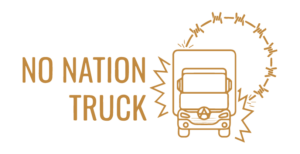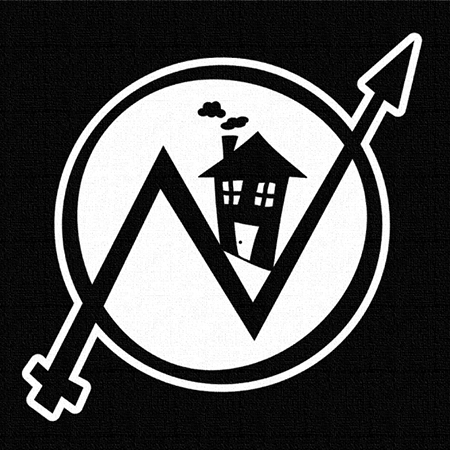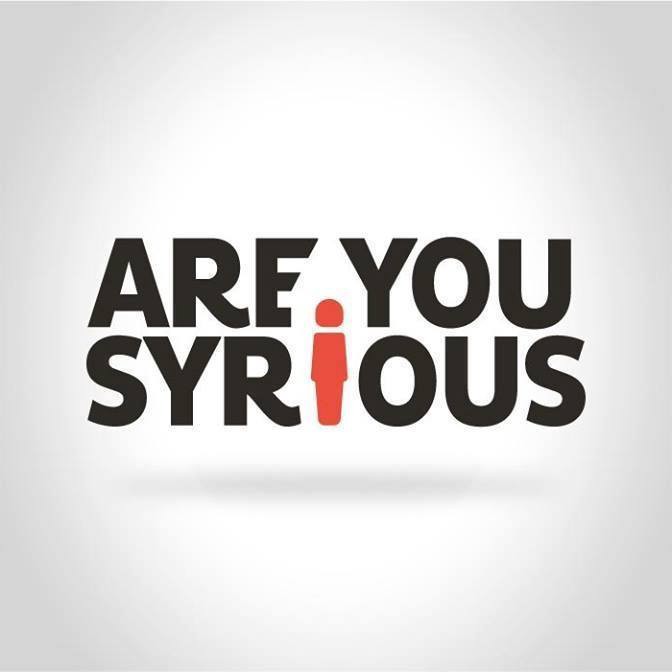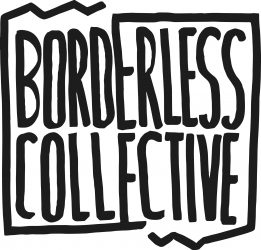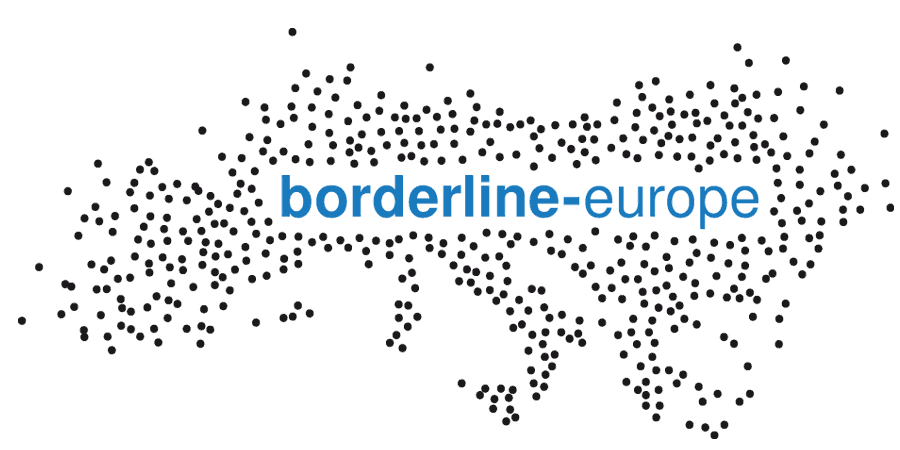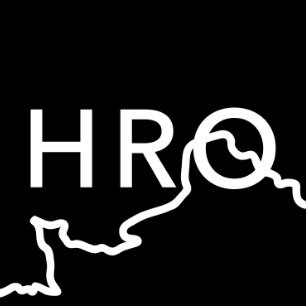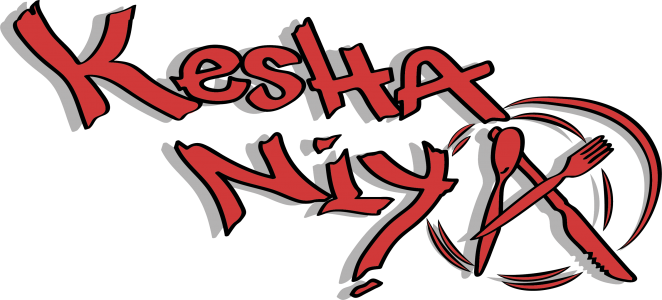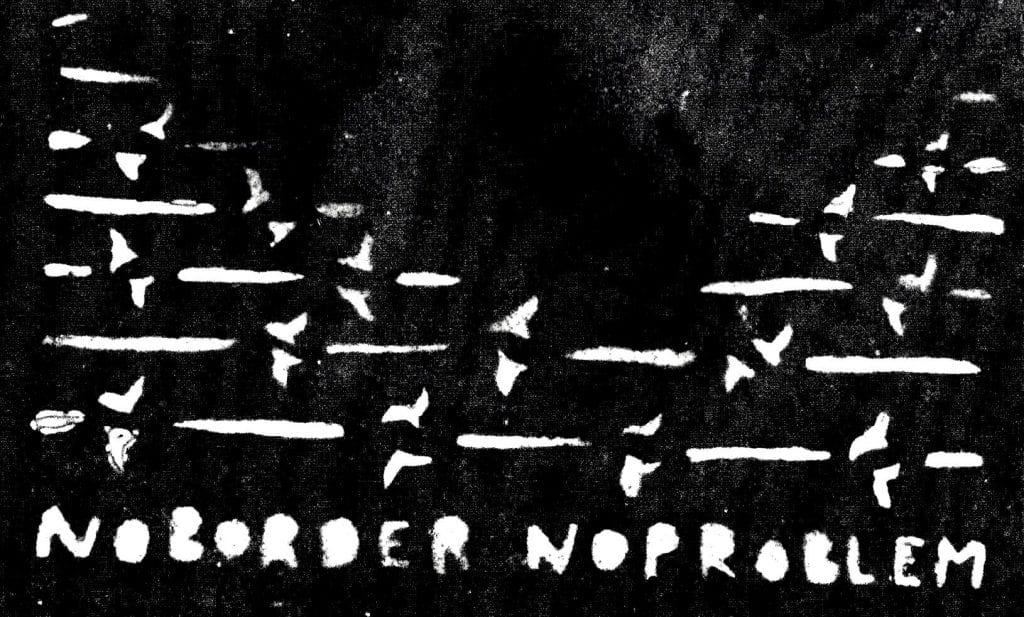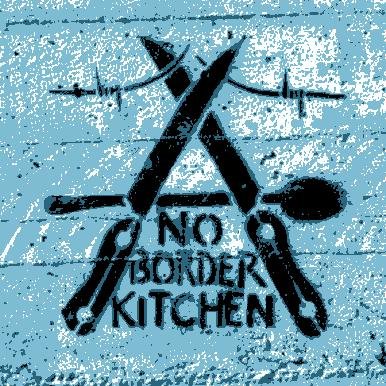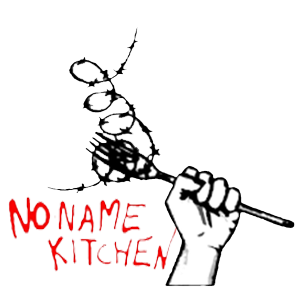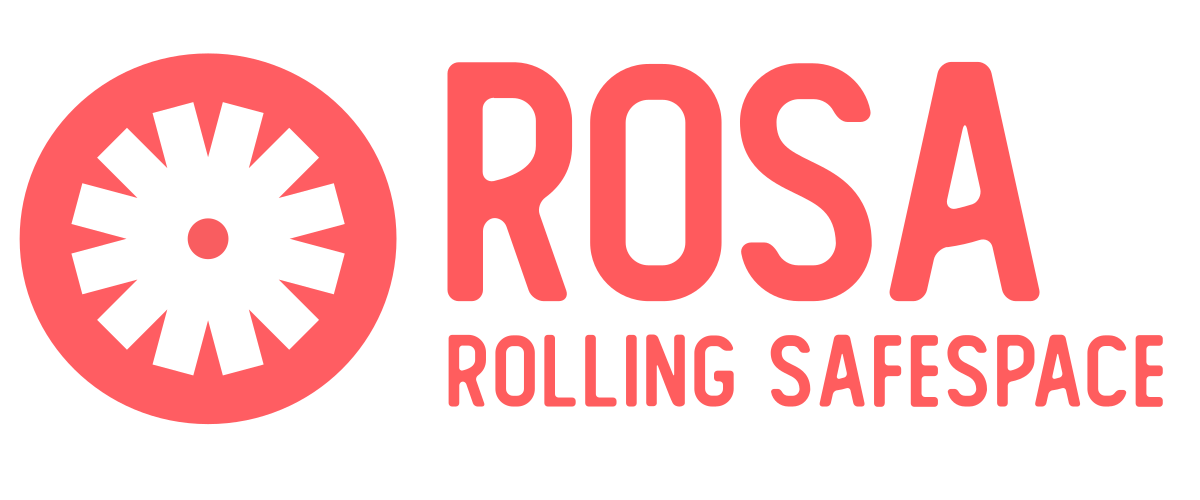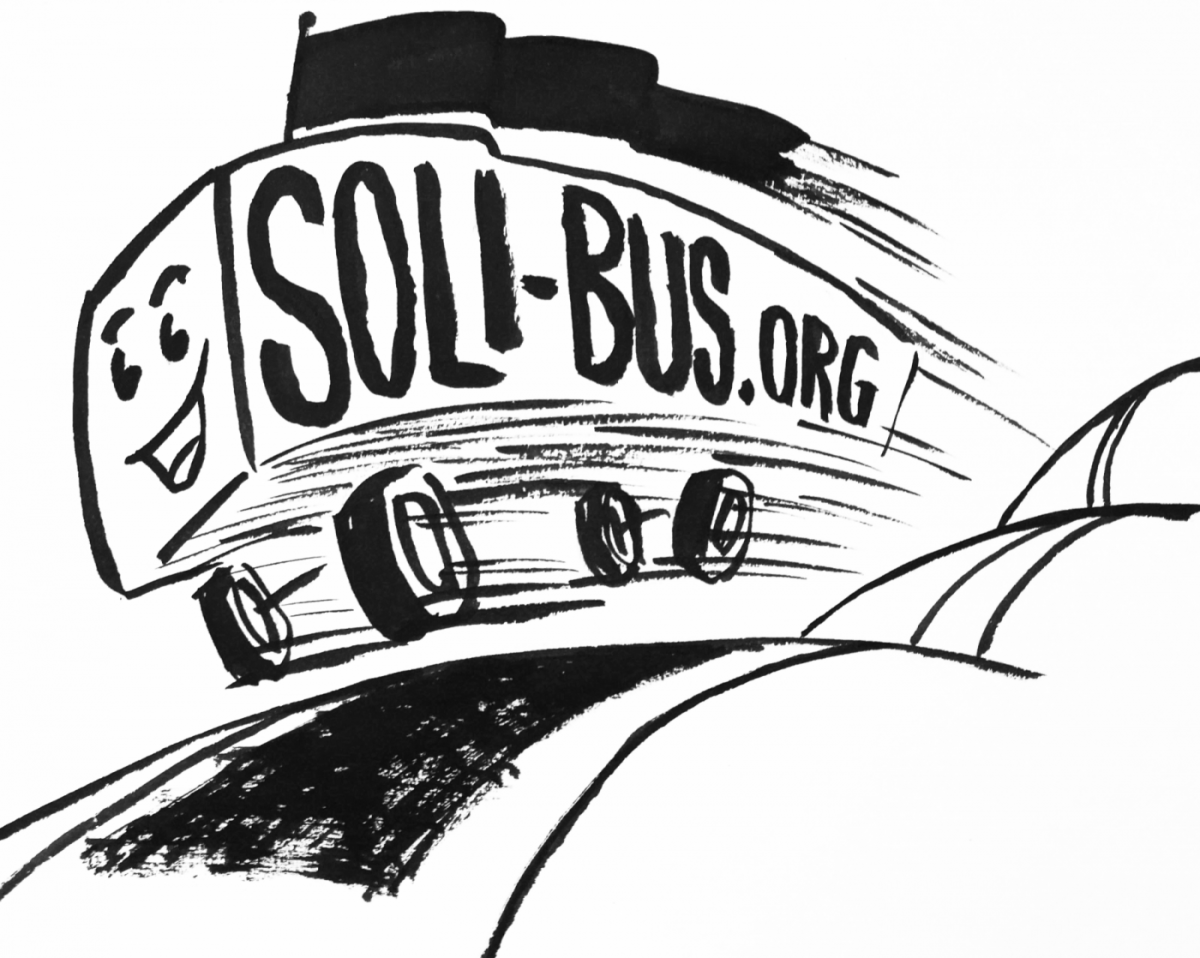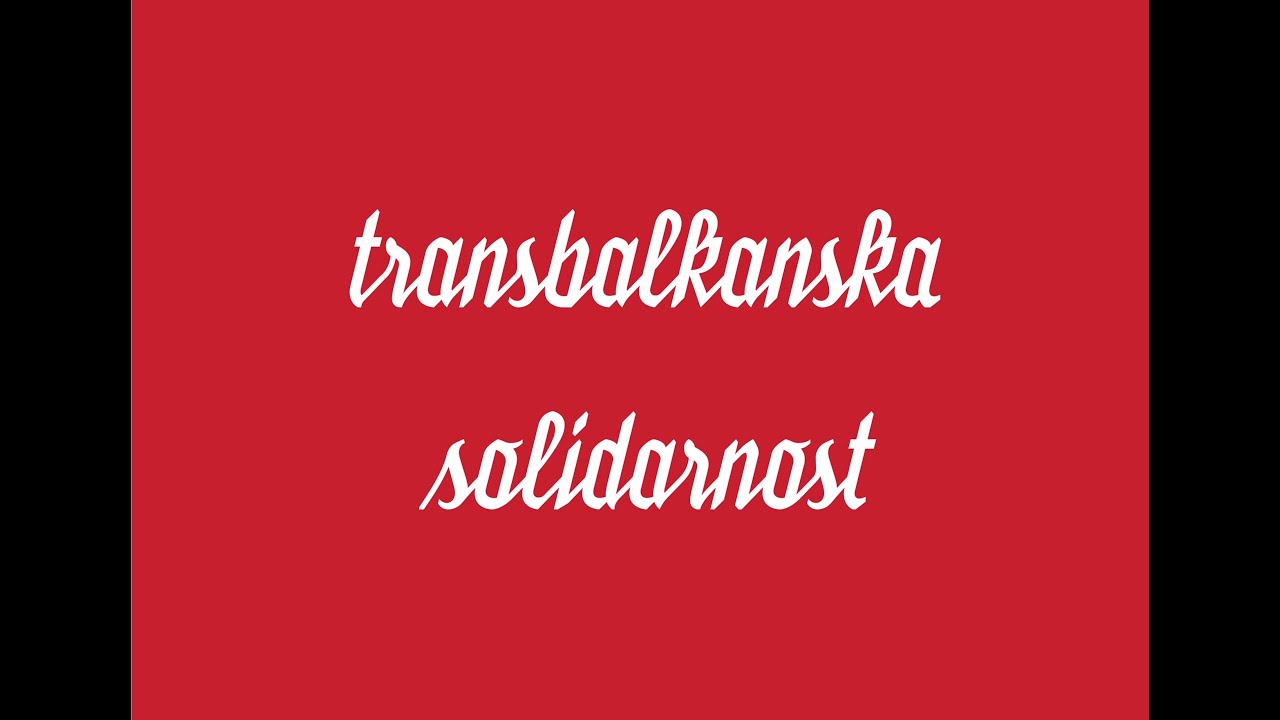(Part 1) A travel report from the Basque Country: Kaixa! Saludos de Euskera Herria!
A travel report from the Basque Country: Kaixa! Saludos de Euskera Herria! (part 1)
A few people from our group were in the Basque Country last week to connect with solidarity structures in the border region. Through the exchange we can learn from each other on the one hand and on the other hand see how we can connect the different struggles. Because everywhere in Europe people are prevented from moving freely. The strategies are often similar.
Lessons to be learned from the people of the Basque Country: Border Region of Irun
In the border town of Irun we met the group “Irungo Harrera Sarea”. It is active since the increased use of border controls in the summer of 2018, creating public awareness of the situation of illegalized people and is there to help them as a person of contact.
The number of people who pass varies and depends on different factors. On the one hand, the Moroccan state repeatedly uses people on the move as a tool of political pressure against Spain and the EU; on the other hand, new routes are constantly opening and closing within Europe as well.
People arriving in Irun can sleep for up to three nights in a Red Cross shelter, as long as they meet certain criteria (they must be so-called “refugees in transit”). A river runs between Spain and France here in the region, and the only way to cross it in Irun is via a bridge. There was much criticism from French civilians who perceived the border controls on the bridge as racial profiling and rejected them. Thanks to the strong protests, the controls had to be stopped in their original way. But instead, cameras have been installed on buses to Bayonne and elsewhere in the border region. In this way, the border can still be controlled.
In the days before the civil society protests, when the bridge was de facto not open for illegalized people to cross, 10 people died over a two-year period trying to reach France by swimming through the river or were killed by the train on the railroad tracks. In memory of the victims of this state violence, a memorial stone has now been placed by the river by local groups, especially “Ongi etorri errefuxiatuak” from Bilbao (see photo).
Police repression can be expected on both sides of the border river. For example, a few days ago the chief of police on the Spanish side offered a type of bonus for every police officer – for every arrested person without valid documents, the officer would receive more vacation days. The police chief announced this in the newspaper, which caused the public and the press to be highly angry. Again, the protests showed their effect and the regulation was cancelled again.
Let us learn from the people of the Basque Country! We are strong when we fight together!
Basically, however, the Spanish police are much less involved with illegalized people, since they are in the process of leaving the country. On the French side, police checks are much more frequent. However, there are support structures on the French side as well, and our general impression was that the Basque civilian population often shows solidarity with illegalized people, making it possible for them to continue their journey.
More information about the group “Irungo Harrera Sarea” in Irun at https://instagram.com/irungo.harrera.sarea?igshid=MzRlODBiNWFlZA
Click here for part 2 of the travel report: https://nonationtruck.org/en/part-2-a-travel-report-from-the-basque-country-kaixa-saludos-de-euskera-herria/
